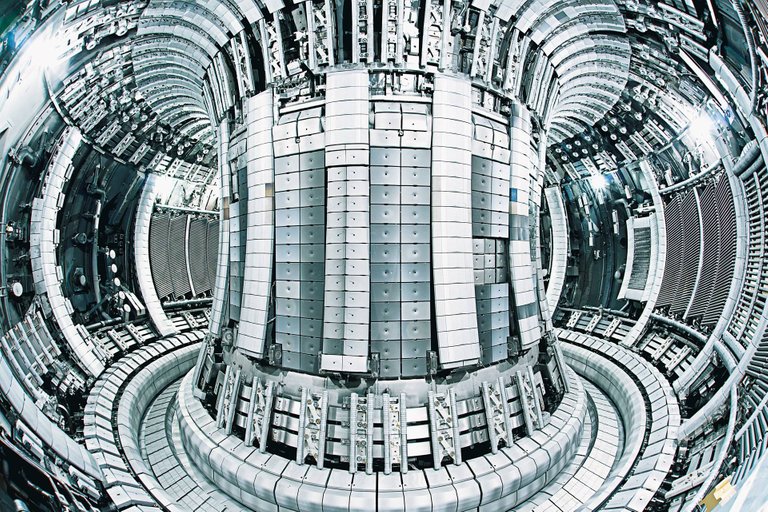On December 14th, 2016. In Daejeon, South Korea. 99 miles south of Seoul.
The National Fusion Research Institute's KSTAR reactor (Korean Superconducting Tokamak Advanced Research), maintained a stable fusion reaction for 70 seconds.

That's about as long as it took me to figure out how to pronounce Daejeon. Jokes aside, this is a world record for nuclear fusion research, the longest sustained fusion reaction, to date. It only gets better from here, right?
But "Why should I care?" You might ask. "They're just a bunch of scientists playing with plasma and superconductors, fueled by dump trucks full of flaming grant money extorted from the South Korean tax payers." Granted, that's a valid argument and I tend to agree with you.
Hear me out though. This is a step toward nearly unlimited renewable energy, for the entire planet everyone willing to pay for it. This method of energy is green, renewable, and most importantly, fucking awesome. Who wouldn't want to power their devices, vehicles, and homes with the same energy source that powers the stars? Nuclear fusion could power our entire civilization for hundreds, thousands of years.
Some people will hear the word 'nuclear' and get upset or nervous, plagued by memories of Three Mile Island, Chernobyl, or Fukushima, and that is absolutely legitimate. There is cause for concern with any technology, particularly with nuclear fusion because there is a misconception that it is entirely clean and produces no waste. The truth is it does, but the potential dangers and waste products of nuclear fusion are minimal compared to fission, and worth the risk in my humble opinion.
The entire planet cannot be powered by solar, wind, or wave energy. These are absolutely large sources of energy readily accessible in a clean and sustainable way. However a trait they all share prevents them from being a power source we can truly rely on 24/7/365. Long intermittent periods. This drawback is not shared by nuclear fusion, the main obstacle is fuel, but thats an entirely different article.
What do you think about renewable resources, nuclear fusion, and the future of the energy economy that we are ever so dependent on to enjoy our modern lives?
Let me know in the comments below.